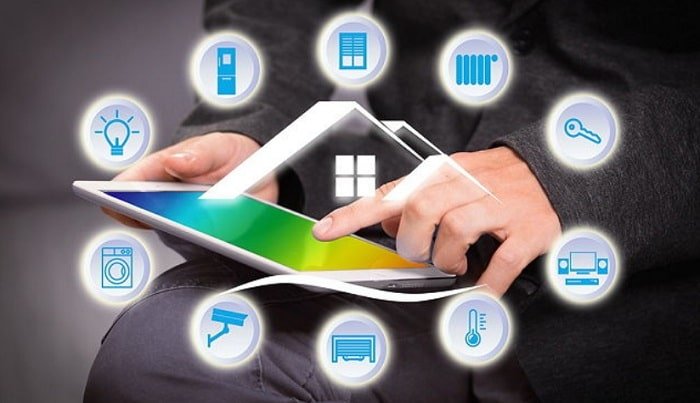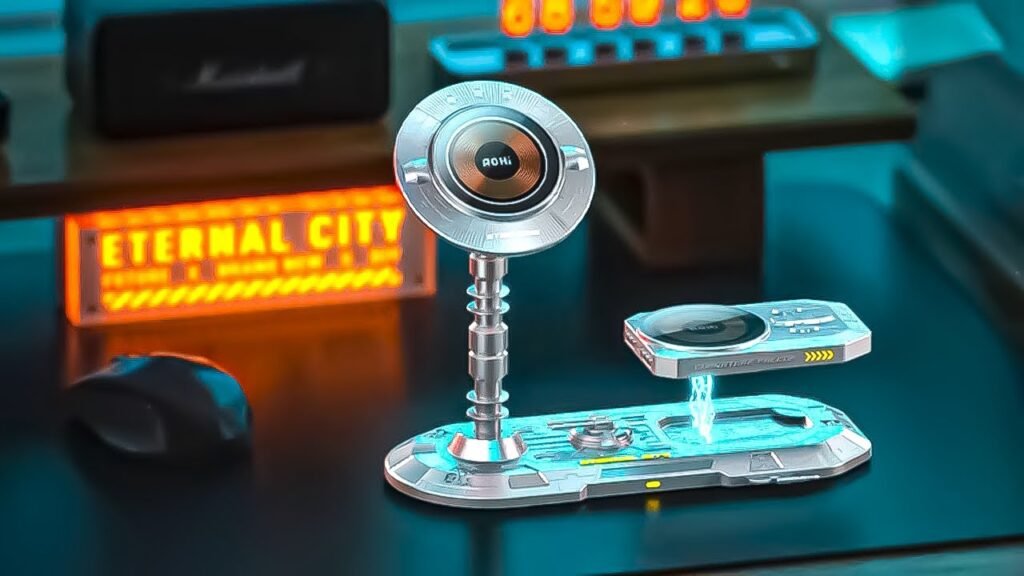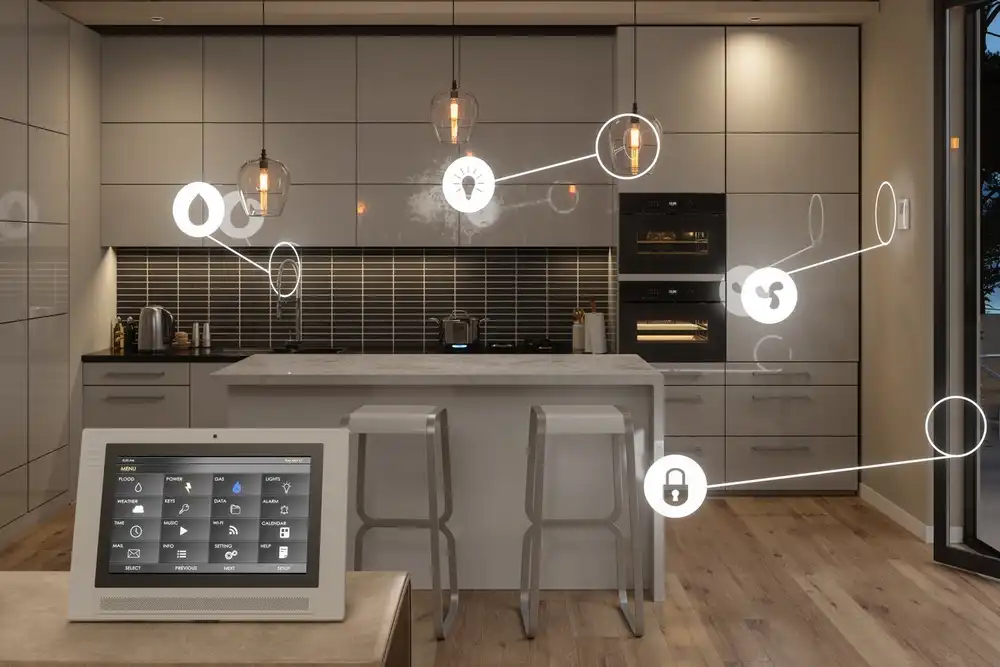In recent years, the debate around smart home vs traditional home has become increasingly prevalent. With technological advancements, many homeowners find themselves at a crossroads, deciding between embracing modern technology or sticking to tried-and-true methods. But what exactly distinguishes a smart home from a traditional home, and why does it matter?
The concept of a smart home revolves around the integration of technology to automate and enhance the living experience. On the other hand, a traditional home relies on conventional forms of operation, lacking the tech-driven conveniences of its counterpart. As technology continues to evolve, the choice between these two options becomes more crucial for potential homeowners.

Defining Smart Homes
A smart home is equipped with network-connected devices that enable remote management and automation of home functions. These devices can include thermostats, lighting, security systems, and even kitchen appliances, all of which can be controlled via smartphones or voice-activated systems.
Features of Smart Homes
The features of smart homes are designed to offer convenience and efficiency. Some of the standout features include:
- Automated lighting systems
- Smart thermostats for energy efficiency
- Advanced security systems
- Voice-activated assistants
Benefits of Smart Homes
Smart homes come with numerous benefits, including:
- Increased energy efficiency
- Enhanced security
- Convenience and ease of use
- Potential cost savings on utility bills
Understanding Traditional Homes
Traditional homes are characterized by their reliance on conventional methods and lack of technological integration. These homes depend on manual operation and often require more hands-on management.
Features of Traditional Homes
Some common features of traditional homes include:
- Manual lighting and heating controls
- Standard security measures
- Conventional appliances
Advantages of Traditional Homes
While they may lack modern conveniences, traditional homes offer several advantages:
- Lower initial cost
- Simple and straightforward operation
- No reliance on technology
Cost Comparison
When considering the cost of a smart home vs traditional home, several factors come into play. Smart homes may have higher upfront costs due to the technology involved, but they can lead to savings in the long run through reduced energy bills and increased home value.
Security Considerations
Security is a significant consideration in the smart home vs traditional home debate. Smart homes offer advanced security features like surveillance cameras and remote monitoring, which can provide greater peace of mind. However, traditional homes have simpler, more direct security measures that some may find more reliable.
Energy Efficiency
Energy efficiency is one of the main selling points of smart homes. With smart thermostats and automated lighting, energy consumption can be optimized, leading to lower utility bills and a decreased environmental impact.
Convenience and Control
The convenience factor of smart homes cannot be overstated. With the ability to control home functions remotely, homeowners can manage their homes with ease, whether they’re on vacation or simply at work.
Challenges of Smart Homes
Despite their many benefits, smart homes come with challenges. These include potential cybersecurity risks and the need for regular updates and maintenance of technology.
Challenges of Traditional Homes
Traditional homes, while simpler, may lack the efficiency and convenience of smart homes. They may also incur higher long-term costs due to energy inefficiencies.
The Future of Housing
As technology continues to advance, the future of housing will likely see further integration of smart technologies. This trend will influence the market choices available to future homeowners.
Making the Right Choice
Choosing between a smart home vs traditional home ultimately depends on individual preferences and lifestyle needs. Prospective homeowners should weigh the pros and cons of each option to determine the best fit for their circumstances.
Conclusion
The decision between a smart home vs traditional home is a significant one, with each option offering unique advantages. By understanding the differences, homeowners can make informed choices that align with their lifestyle and goals.

FAQs
- What is a smart home? A smart home uses technology to automate and enhance daily tasks, offering convenience and efficiency.
- Are smart homes more secure? Smart homes offer advanced security features, but they also come with potential cybersecurity risks.
- Do smart homes save money? While smart homes may have higher initial costs, they can lead to savings through energy efficiency and increased home value.
For more insights on home automation, you can explore this resource. Additionally, learn how AI is transforming various sectors by visiting AI in Financial Customer Segmentation and AI in Cross-Border Payments.






